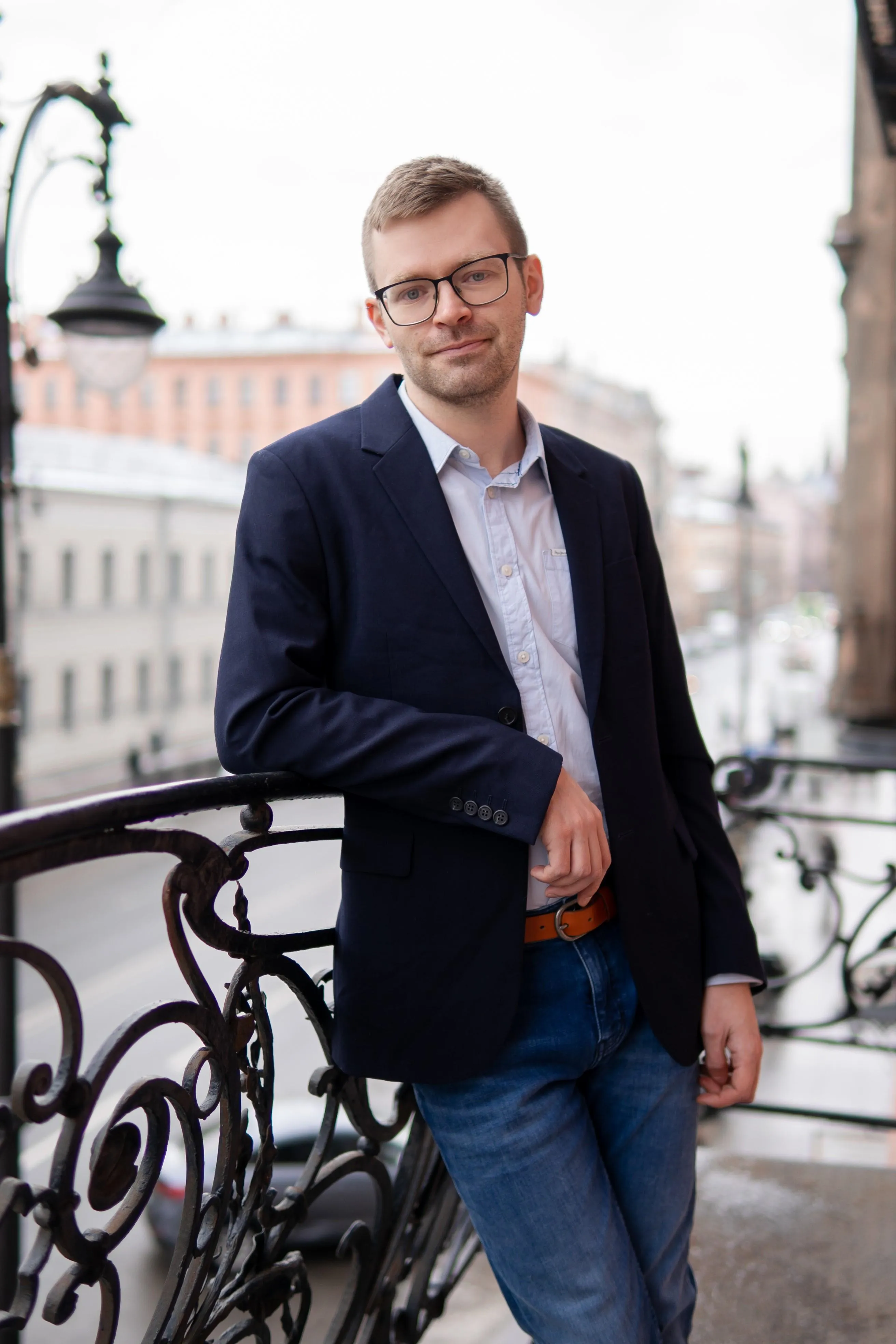 Dr Maxim Alyukov
Dr Maxim Alyukov
Dr Maxim Alyukov: Beyond personal and emotional impact, Russia's brutal invasion of Ukraine has put into question many assumptions underlying my research and the field more generally. While some bravely protested the invasion and continue to resist the regime’s policies in Russia, by and large, the initial shock resulting from the invasion led to adaptation rather than expected protest; evidence of war crimes led to denial rather than expected anger; and apparently heavy-handed propaganda led to detachment from politics rather than declining authority of state media.
This mismatch between expectations and events has revealed a multitude of issues demonstrating how little we know about how citizens engage with political information, make sense of it, and convert opinions into behaviour in a repressive autocracy - let alone making predictions. First, it demonstrated that there is not enough research on political psychology and communication in authoritarian contexts. Academic knowledge in social sciences is contextual and not easily transferable. The results of a study exploring how citizens make sense of propaganda or protest in 2020 might not be applicable to 2022 due to rapidly changing context and conditions. Few scattered studies can help one understand a phenomenon as much as confuse by giving a false sense of understanding. Second, it demonstrated that there is not enough research on political psychology and communication geared towards authoritarian contexts.
Most theories and concepts which are essential for understanding the Russian public's reaction to the war, such as motivated reasoning or rally-around-the-flag, were developed in the environments characterised by more democratic regimes, diverse media systems, and functioning institutions. These concepts are not free from assumptions about degree and duration of patriotic consolidation in the face of war, conditions under which individuals can overcome their political biases, perception of own political agency, and so on. Without numerous studies testing these concepts, they can generate wrong expectations. Finally, it demonstrated that there is not enough holistic research drawing on different fields and subfields. For instance, just because people do not find state propaganda credible does not mean that they will protest. While mismatch between reality and propaganda can lead citizens to re-evaluate some beliefs, cognition does not translate into protest behaviour easily as the latter is governed by completely different sets of factors, such as strength of oppositional networks, potential coalitions across social groups, reaction of the state, etc.